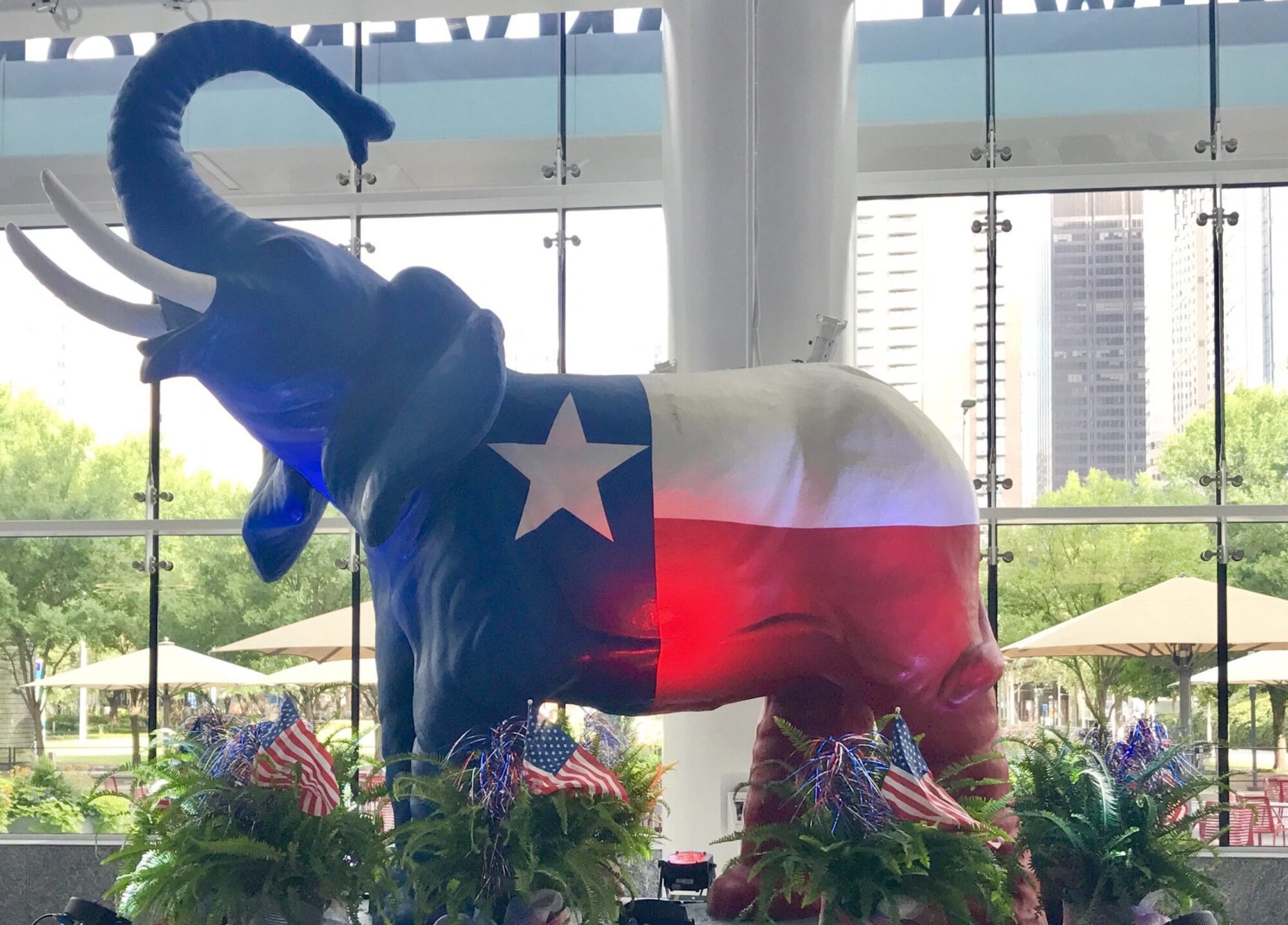Legislation empowering the Texas attorney general to prosecute election crimes and the state’s abortion ban is advancing after receiving the approval of the Senate Jurisprudence Committee.
Senate Bill 1195 by State Sen. Bryan Hughes (R–Mineola) is being proposed in response to a 2021 ruling by the Texas Court of Criminal Appeals that said the attorney general lacks the constitutional authority to prosecute election crimes unless the local district or county attorney requests their assistance.
SB 1195 would allow the attorney general to prosecute if the local prosecuting attorney declines within six months of the offense. It also applies this requirement to violations of the state’s abortion ban and allegations of human trafficking, bribery and corruption, and abuse of office.
During a committee hearing, Hughes explained the bill is “basically changing a may to a shall,” which would “empower the attorney general’s office to have the authority that the office had before that ruling.”
State Sen. Mayes Middleton (R–Galveston) described the proposal as an “accountability tool,” arguing that if prosecuting attorneys don’t like a law, “then they need to petition the Legislature to change the law.”
“But at the end of the day, you need to enforce the law. And if that’s not going to happen, then we need a backup, and I think this is the proper backup here,” he added.
Deputy Attorney General for Criminal Justice Josh Reno testified on the effects of the bill, confirming that prosecuting election offenses is a historical practice of the attorney general’s office and that some district attorneys have categorically refused to prosecute them, as well as other categories of crime addressed in the proposal.
Specifically, Reno recounted how one of his investigators received a call from Soros-backed Dallas District Attorney John Creuzot, who informed the investigator that he would not be taking any referrals from the attorney general’s office to prosecute election crimes.
Dallas Democrat State Sen. Nathan Johnson questioned “whether we’re inviting the political use of executive authority to override local authority to pursue an ideological narrative of voter fraud where it doesn’t exist,” acknowledging there is “grave mistrust between city government and state government and among voters.”
“Whatever happens with this bill, I hope we can put those suspicions and games to bed,” he stated.
Despite decrying such “games,” however, Johnson joked that “there’s just not that much election fraud out there,” in response to Reno saying his office would not need to hire anyone if the bill passed.
Reno wasn’t laughing, though.
“I disagree,” he said.
“There’s a lot of folks and citizens that we hear from that just … want their DAs to do their job,” Reno explained. That is, he added, “they are not categorically saying that they’re not willing to follow the will of the Legislature, and doing so by tweet.”
Witnesses testifying in favor of the measure included representatives from the Republican Party of Texas, the Texas Public Policy Foundation, Texas Right to Life, Human Coalition Action, Texas Values, and Texas Education 911. Representatives from Avow Texas and Fund Texas Choice testified against the bill.
Rebecca Parma, the legislative director for Texas Right to Life, said that if prosecuting attorneys “are refusing to do their jobs, we must have tools to go around them and ensure our life-saving laws are being fully enforced.”
Alexandra Evans of Avow Texas, on the other hand, said the bill “goes against the will of voters,” “is a blatant danger to democracy,” and “circumvents the Texas Constitution for poorly disguised political retaliation against elected prosecutors.”
The legislation received the committee’s approval just hours after the hearing. Hughes, Middleton, and Brandon Creighton (R–Conroe) supported the bill, while Johnson and Juan “Chuy” Hinojosa (D–McAllen) opposed it.
SB 1195 must be approved by the full Senate before it can move to the House and repeat the process. The current legislative session ends May 29.





